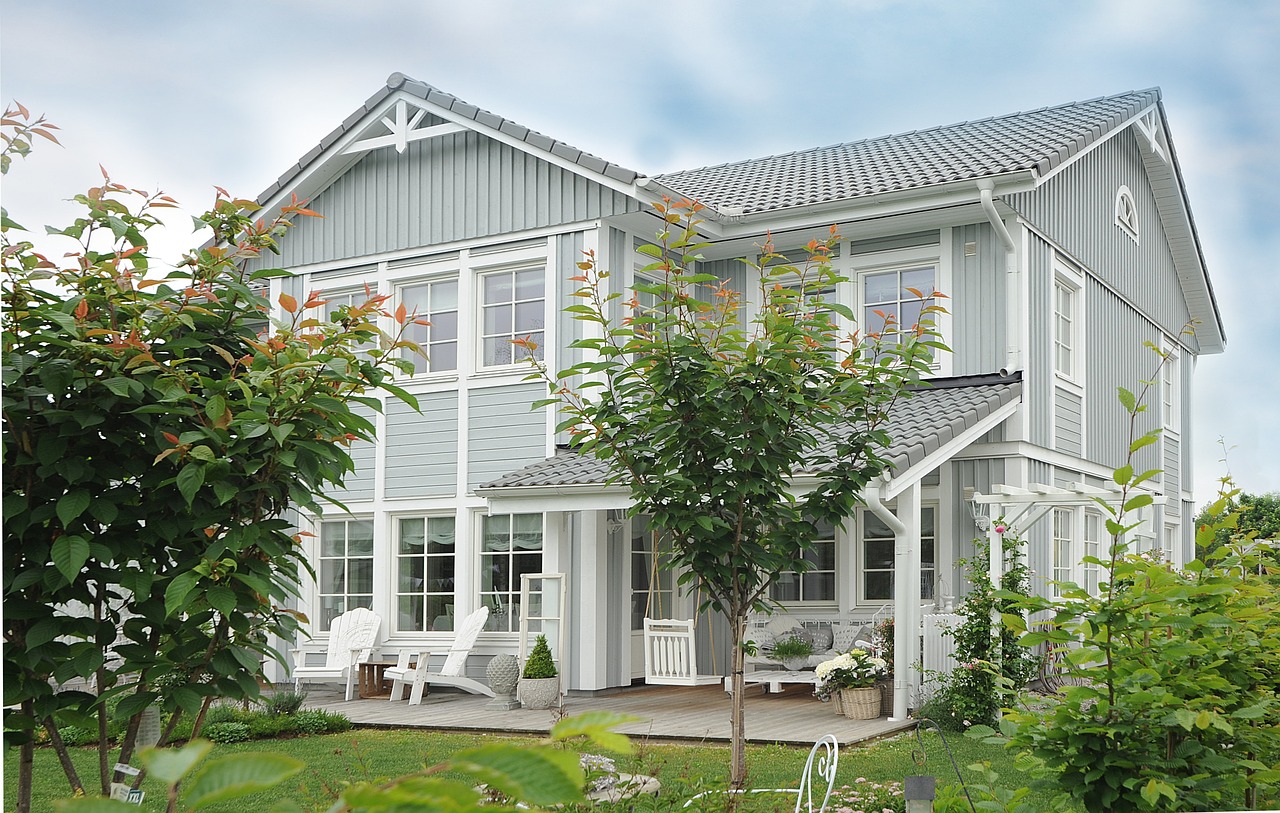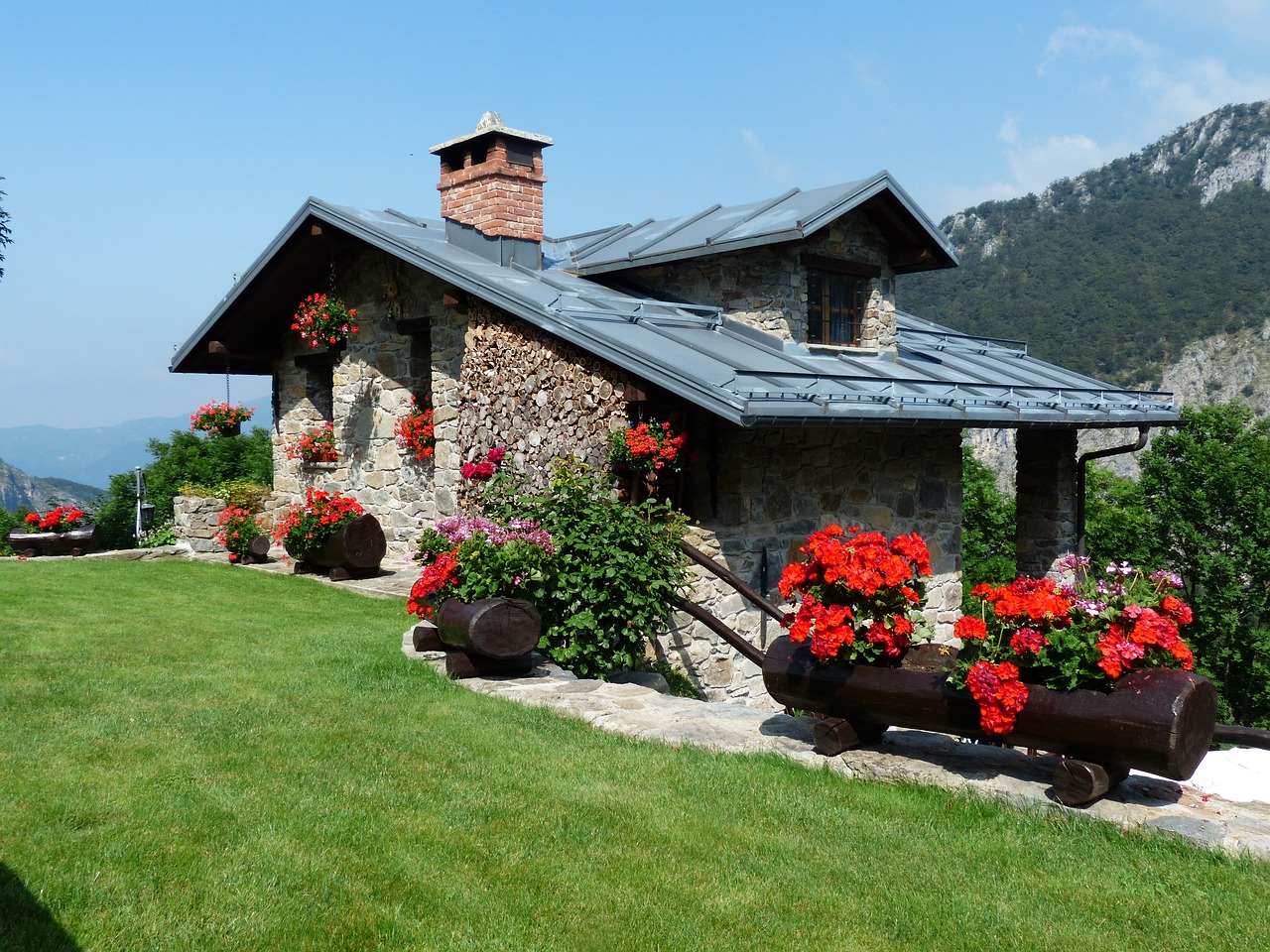
Open a gîte is an attractive proposition for those wishing to set up in business as a tourist accommodation and set up a business in this area as an operator. There are many advantages to this option, but it requires careful preparation and an in-depth knowledge of the legal, financial and regulatory aspects. In this article, we'll explore the different facets of running a gîte as a company, so that you can make the best choices for your future project.
A gîte, also known as furnished tourist accommodation, is a self-contained, individual dwelling available to holidaymakers for stays ranging from one day to one month. Unlike bed and breakfast establishments, gîte owners are not obliged to serve breakfast, but must provide full and sufficient facilities for guests to cook, relax and rest. Non-professional furnished-rental status may apply if the income from the rental remains below a certain threshold.
There are several advantages to running a gîte as a company:
If you want to go it alone, there are two legal forms available to you:
These two structures allow you to protect your personal assets while benefiting from simplified management. They also offer the option of choosing between income tax or corporation tax for the taxation of profits, which may influence your tax strategy.
If you are thinking of forming a partnership, you can opt for :
These legal forms are suited to projects involving several people and offer great flexibility in the organisation of the business. They also make it possible to divide the capital contributions between the partners and to define the roles and responsibilities of each, particularly with regard to the management of the lease and the distribution of profits. One of the partners may be given the status of manager, which entails specific obligations in terms of managing and representing the company.
By carrying on your business within the framework of a commercial company (EURL, SARL, SAS, etc.), you can benefit from protection of your private assets. The company's debts are guaranteed solely by the company's assets.
However, this protection of private assets will have no effect if, in your capacity as a partner, you act as guarantor (joint or several) for loans taken out by the company. If your company defaults, the bank may ask you to repay these loans from your personal assets.
In addition, since the beginning of 2024, sole traders have by default been able to separate their private assets from their business assets (article L 526.1 et seq. of the French Commercial Code).
If you want to run a gîte as a company, you need to set up a business. This formality can be completed online at the business formalities office and include register your company with the Registre du Commerce et des Sociétés (RCS) and the Registre National des Entreprises (RNE). What's more, it's important to draw up clear and precise Articles of Association, so that you can clearly define the legal framework of your business and comply with legal obligations.
Using a company to manage a gîte entails obligations that can be onerous. You must hold an annual general meeting to approve the company's accounts. Any changes to the partners or to the company's operating rules require rigorous formalities.
What's more, you have to manage registers containing minutes of general meetings, share movements, etc.
These formalities are difficult for a novice to manage and therefore represent an additional management cost.
Your choice of legal form will have an impact on your tax regime. In general, companies are subject to corporation tax (impôt sur les sociétés - IS), but it is possible to opt for income tax (impôt sur le revenu - IR) in certain cases. The tax system also influences the social security charges to which you will be subject as a company director. A prior estimate of these charges is necessary to guarantee the profitability of your project.
Le régime micro-BIC n’est pas accessible dans le cadre d’une société qui sera soit imposée au bénéfice réel soit à l’impôt sur les sociétés.
A noter, que l’activité de location meublée est une activité commerciale. Si vous décidez de réaliser cette activité dans une société civile immobilière, celle-ci sera alors soumise obligatoirement à l’impôt sur les Sociétés.
Le revenu imposable dans le cadre de l’impôt sur les sociétés ou du bénéfice réel sera relativement proche. Dans les deux cas, vous pourrez pratiquer un amortissement sur le prix de revient de votre gîte.
Toutefois, la plus-value en cas de revente sera imposée différemment :
As a company director, you will be affiliated to the general Social Security scheme. The conditions for affiliation vary according to your income and the status you have chosen (professional or non-professional furnished lettings). Good management of social security contributions is essential to avoid unpleasant surprises and ensure the financial sustainability of your company. You will also need to ensure that you comply with URSSAF obligations, particularly in terms of social protection and pensions.
The management of a gîte, whether on an individual basis or as part of a company, does not allow you to be subject to VAT, unless you are providing para-hotel services. So you can't reclaim VAT on your initial investment or on your ongoing expenses. And you have no VAT to charge to your tenants.
Whether you run your gîte as an individual or as part of a company, here are a few tips to help you make a success of your business:

More specifically, if you are carrying out your project with several people, make sure you share the same objectives and divide roles and tasks fairly between partners. Review your operations very regularly and address problems and tensions as soon as they arise, so that solutions can be found as quickly as possible.
Operating a gîte as a company can have its advantages, but it does require some heavy-handed formalities: drawing up articles of association, registration, general meetings, etc. And of course you have to take into account the tax implications, which can be very significant, particularly if the business is resold at a later date.
Although asset protection has become less important since the introduction of the separation of personal and business assets for sole traders, setting up a company is still essential if you are running a business with several people.
1. How do I sell a gîte?
2. Where to buy a gîte
3. How much does a night in a gîte cost?
4. How profitable is a gîte?
5. Buying a gîte or creating a gîte: which should you choose?
6. What are the formalities for opening a gîte?
7. The different types of gîtes
8. Taxation of gîtes
9. Gîte labels: a guarantee of quality for your rural accommodation
10. Gîte classification
11. How to communicate effectively for a gîte
12. How to choose the best platform for your gîte
13. What criteria should I take into account when buying a gîte?
14. Furnishing and decorating a gîte
15. What is the ideal number of bedrooms for a gîte?
16. The advantages of a large plot for your gîte
17. What are the essential features of a self-catering cottage?
18. Should a swimming pool be installed for a gîte?
19. What price should I pay for a gîte?